Autumn 2
(Taken from https://www.rekhta.org)

This term the children will be looking at Farming Foods.
The children will be looking for answers to :
Why does the food we buy from the local supermarkets come from different locations all over the world?
Why is Fairtrade important?
What position and significance of latitude, longitude, Equator, Northern Hemisphere, Southern Hemisphere, The Tropica of Cancer and Capricorn.
Agriculture in the UK can be grouped into five main types:
- subsistence: grown just for the farmer/producer and their family;
- commercial: grown to sell – this could be small or large scale;
- organic farming: artificial fertilisers are not allowed to be used and pesticide use is severely restricted;
- free-range: animals, for the last part of the day, can roam freely outdoors;
- intensive farming: a large number of the same crop or animal are grown together.
Farming in the UK
Some parts of the United Kingdom have excellent soil for crops, while others are used for cattle, sheep, pigs, and poultry.
In the northwest of England, Wales, and Scotland, farmers keep cattle and sheep. Sheep can survive the cold winters on the hills and moors.
In the southeast of England and the lowlands of Scotland, grain, potatoes, and sugar beet are grown. Most UK cauliflowers are grown in the south-east,
Cattle Farming.
British beef breeds include:
- Hereford;
- Galloway;
- Beef Shorthorn;
- Aberdeen Angus;
- South Devon.
Some cattle are dual purpose and are farmed for both dairy and beef production.
![IMG_4620[1].JPG](/uploads/378/images/IMG_4620[1].JPG)
![IMG_4621[1].JPG](/uploads/378/images/IMG_4621[1].JPG)
![IMG_4622[1].JPG](/uploads/378/images/IMG_4622[1].JPG)
For the next two weeks, the children will be looking at where food comes from. Plenty of discussions, research, and teamwork will be required from the children.
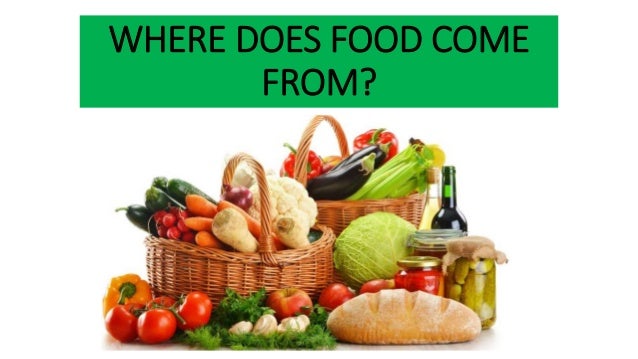
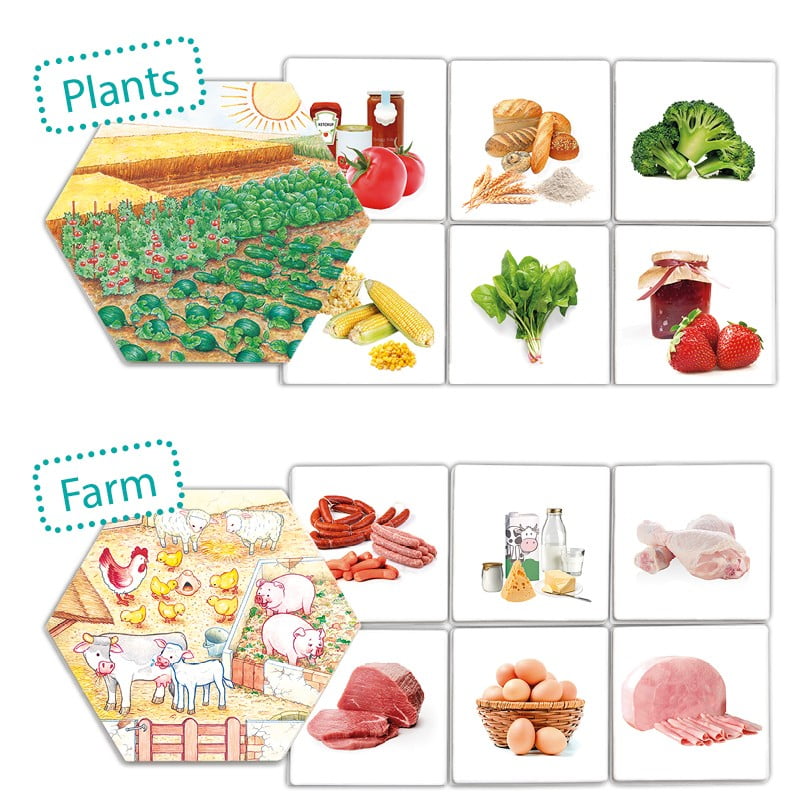
The children have been looking at local produce and international.
Please click on the Booths logo below to see what the children have been researching.
Below are some of our local suppliers.
Mrs Kirkham’s Lancashire Cheese Herdwick Meat
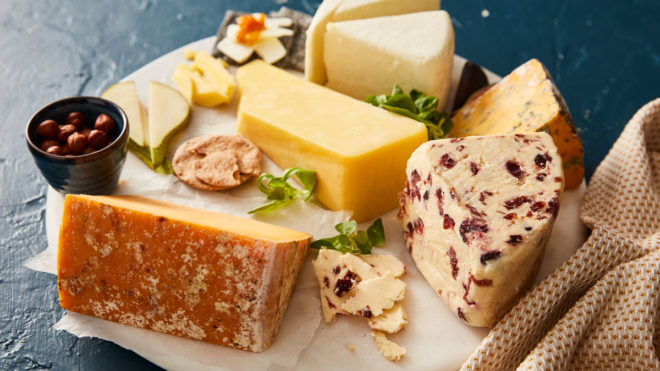
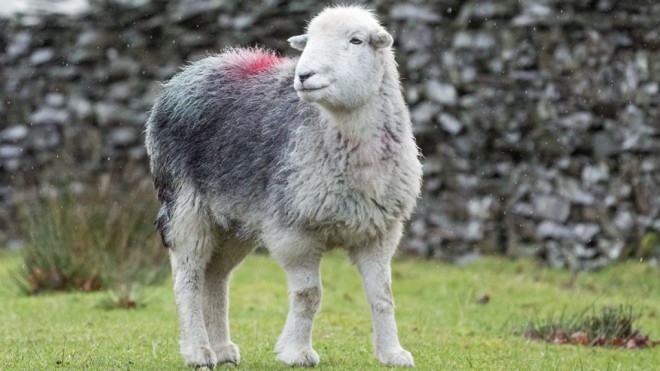
Fiddler’s Lancashire Crisps Morecambe Bay Potted Shrimps
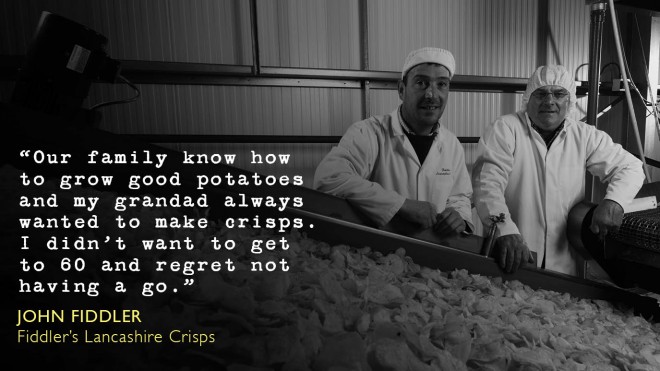
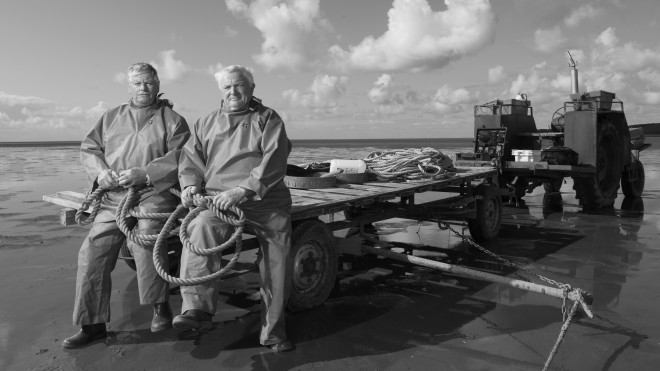
Below you can see food items that come from all over the world.


Bananas are the favourite fruit in our grocery basket and are grown by millions of people, working on small-scale farms in tropical regions.
What is Fairtrade? 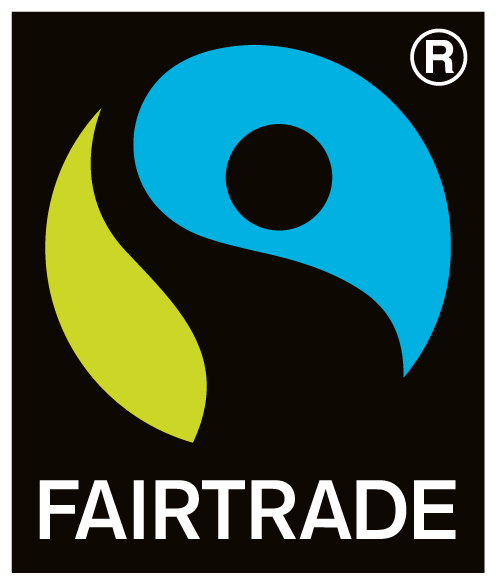
Fairtrade is a system of certification that aims to ensure a set of standards are met in the production and supply of a product or ingredient. For farmers and workers, Fairtrade means workers' rights, safer working conditions, and fairer pay. For shoppers, it means high-quality, ethically produced products.
Why is Fairtrade important??
Fairtrade works with banana farmers, workers employed on plantations, and the banana trade to create more value for producers and ensure people get a decent price and decent pay for the hard labour that goes into growing this crop.
Bananas carrying the FAIRTRADE Mark have been produced by small farmer organisations or plantations that meet the Fairtrade social, economic, and environmental standards. The standards include protection of workers’ rights and the environment and payment of the Fairtrade Minimum Price and an additional Fairtrade Premium to invest in business or community projects.

( Taken from https://www.irishtimes.com/ )
This week the have been evaluating what healthy eating is.
Eating a healthy, balanced diet is an important part of maintaining good health, and can help you feel your best.
This means eating a wide variety of foods in the right proportions, and consuming the right amount of food and drink to achieve and maintain a healthy body weight.
![IMG_E4724[1].JPG](/uploads/378/images/IMG_E4724[1].JPG)
The children got the chance to make a vegetable soup and a fruit crumble. They had to chose which vegetables and fruits to use.
Below are some amazing pictures of the work they did:
![IMG_4716[1].JPG](/uploads/378/images/IMG_4716[1].JPG)
![IMG_4711[1].JPG](/uploads/378/images/IMG_4711[1].JPG)
![IMG_4709[1].JPG](/uploads/378/images/IMG_4709[1].JPG)
![IMG_4714[1].JPG](/uploads/378/images/IMG_4714[1].JPG)

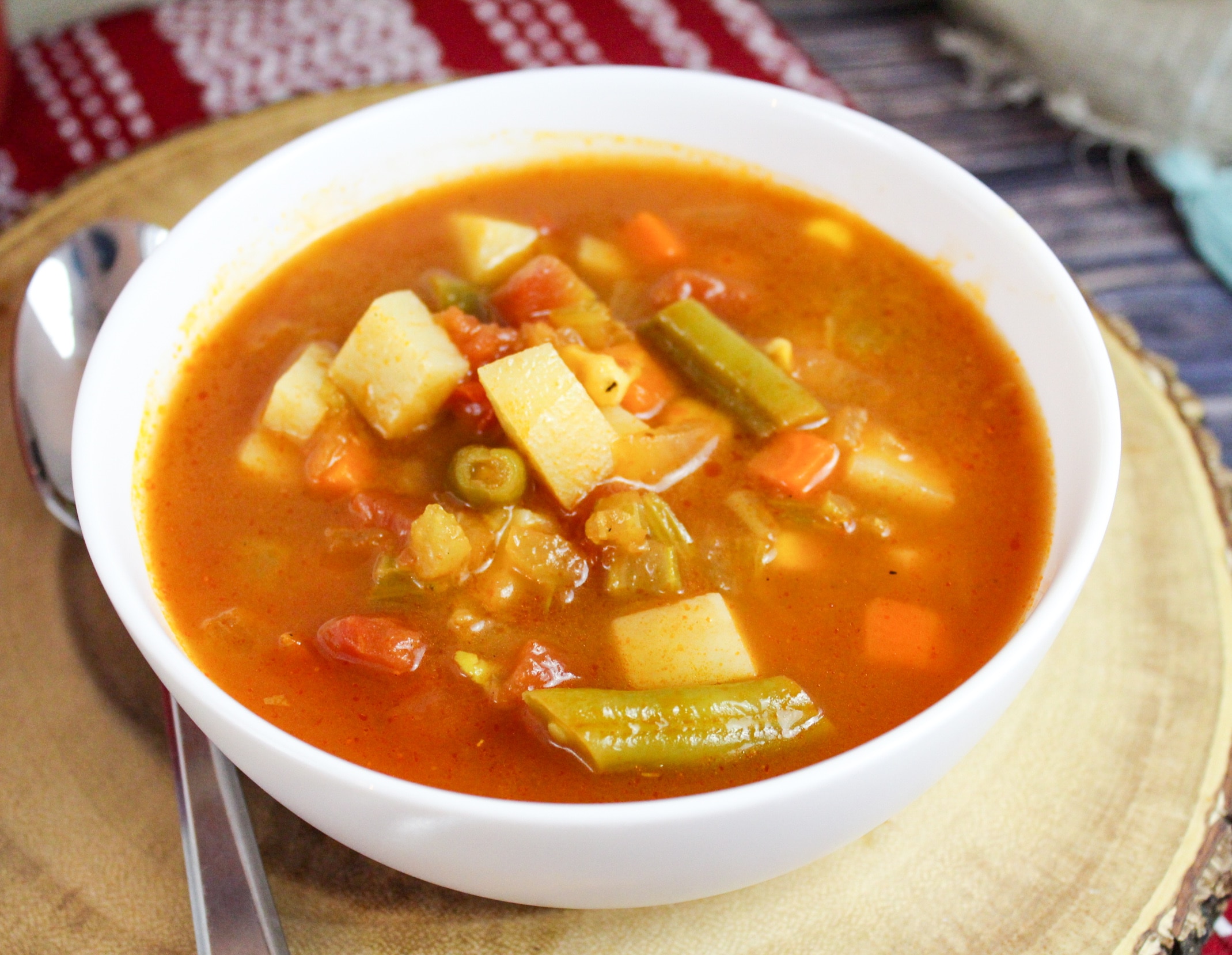
 Reedley Primary School
Reedley Primary School![IMG_4619[1].JPG](/uploads/378/images/IMG_4619[1].JPG)

![IMG_E4725[1].JPG](/uploads/378/images/IMG_E4725[1].JPG)
![IMG_4713[1].JPG](/uploads/378/images/IMG_4713[1].JPG)
![IMG_4715[1].JPG](/uploads/378/images/IMG_4715[1].JPG)